Projects
MACCH researchers develop interdisciplinary and collaborative research projects around one or more the following themes:
- Arts & Heritage in the Making - to examine the processes that turn cultural objects and practices into heritage
- Valorising Arts & Heritage- to critically assess how and for whom its values come about
- Participation and Presentation - to enhance novel ways of user engagement and participatory presentations
- Art Market, Law and Policy - to investigate legal, economic and policy frameworks in arts and heritage
- Artistic Research - to bring together methodologies and practices from the arts and sciences
Current Projects
Better than Gold: Art in Storage and the Making of Financial Value
Interdisciplinary research project studies new types art-storage-spaces and their implications for global relations between art and finance.
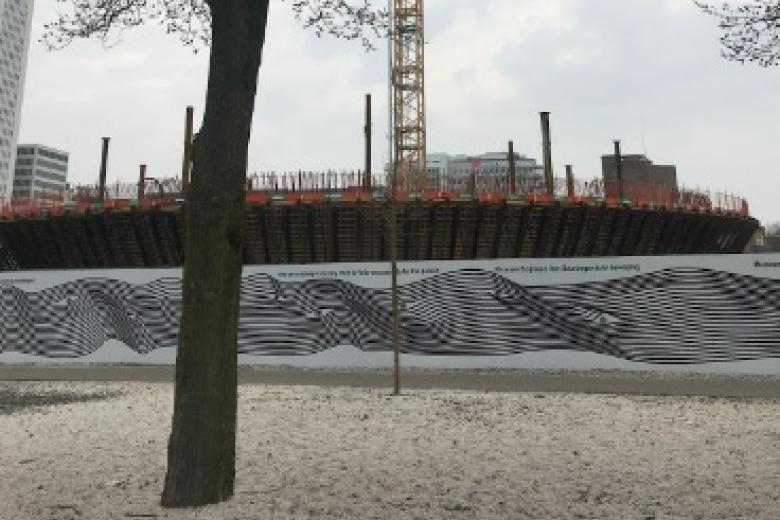
The Critical Visitor
The Dutch heritage and culture sector’s recent commitments to diversity, inclusivity and accessibility are already in place with initiatives such as the national Cultural Diversity Code and the Museum Association's recent focus on "connection and inclusivity". However, a need to develop more cohesive strategies and protocols is required.
In this context, the NWO-funded Critical Visitor project led by Eliza Steinbock brings together fifteen consortium partners to spearhead this transformative endeavour. It adopts an intersectional approach, recognising the interconnectedness of identity axes like disability, gender, sexuality, race, and coloniality in shaping inclusion and exclusion mechanisms.
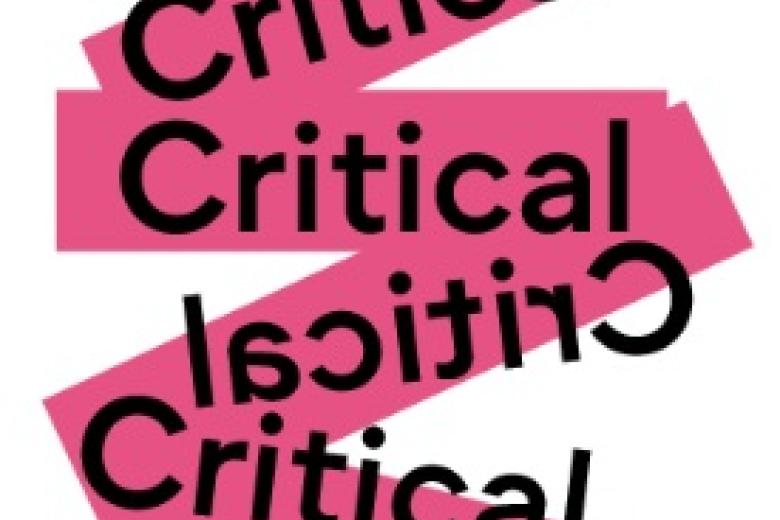
Dark Heritage Sites and Host Communities’ Wellbeing
In this PhD project, researcher Jiaqi Liang investigates the interactions between dark heritage sites, such as the Memorial Hall of the Victims of Nanjing Massacre by Japanese Invaders (Nanjing Massacre Victims Memorial/NMVM) and the Memorial Hall of Datong Coal Mine Mass Graves (Datong Mass Graves Memorial Hall/DMGMH), and the well-being of local communities associated with such sites. Despite the growing interest in dark tourism, research focusing on its effects on the “host” communities is insufficient. This study aims to explore how dark heritage sites' presence and development affect local communities' well-being.
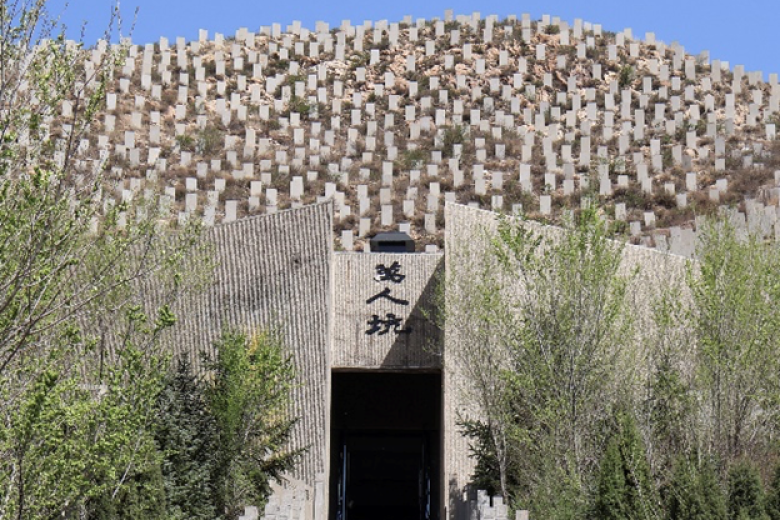
DRAPO
DRAPO is an ongoing project aimed at digitizing and unlocking association banners, a reflection of Limburg's society documented in collections from museums, archives, libraries, and associations. Members and partners of the Heritage Cooperative Limburg (CEL) are dedicated to preserving this rich assembly of publications and objects for the future.
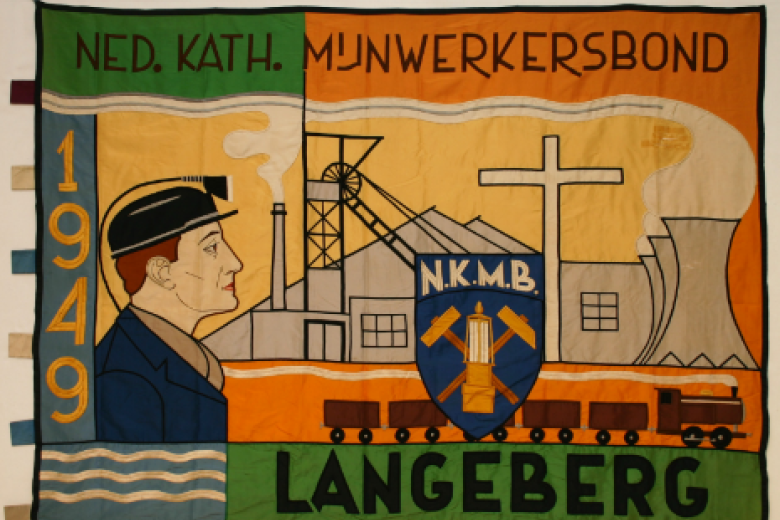
GLiM
The GLiM Project (Stained Glass Art and the Limburg Mines) primarily focuses on cataloging mining windows in Limburg
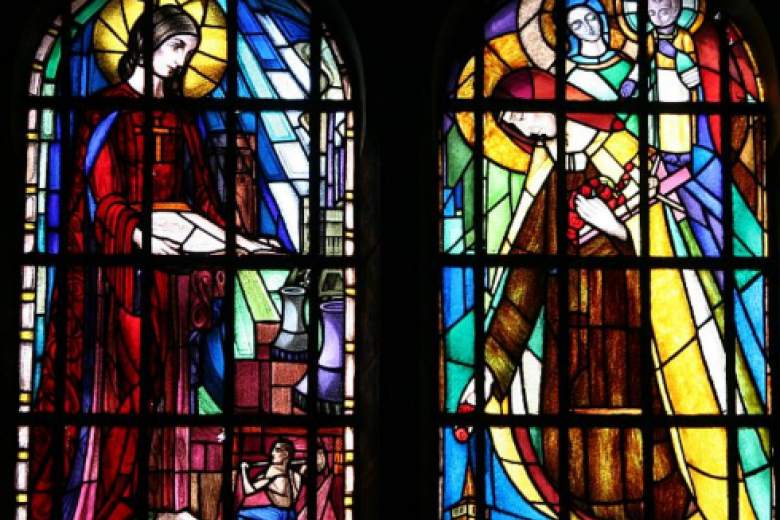
Limburg Letterhead Project
A dynamic Linked Open Dataset of digitized historical letterheads kept in the archives of the Centre for the Social History of Limburg (SHCL), regional archive of Limburg (HCL) as well as those of municipal heritage associations and local archives. After establishing procedures for digitizing and describing letterheads, the project aims to systematically incorporate the letterhead collections of other archival institutions.
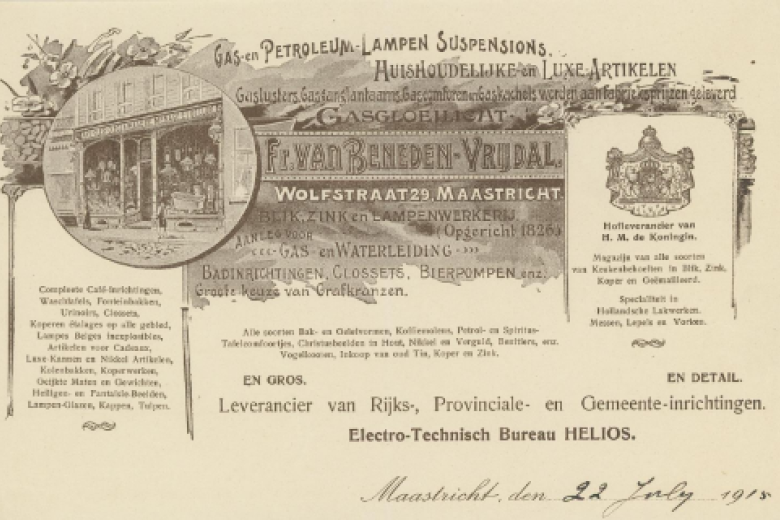
MERIAN
MERIAN is a space for collaborative research in between making and thinking. PhD candidates engage in innovative styles of research, utilizing the powers and fragilities of artistic and scientific practices. Their research addresses urgent matters of societal concern apparent in the Meuse-Rhine Euregion.
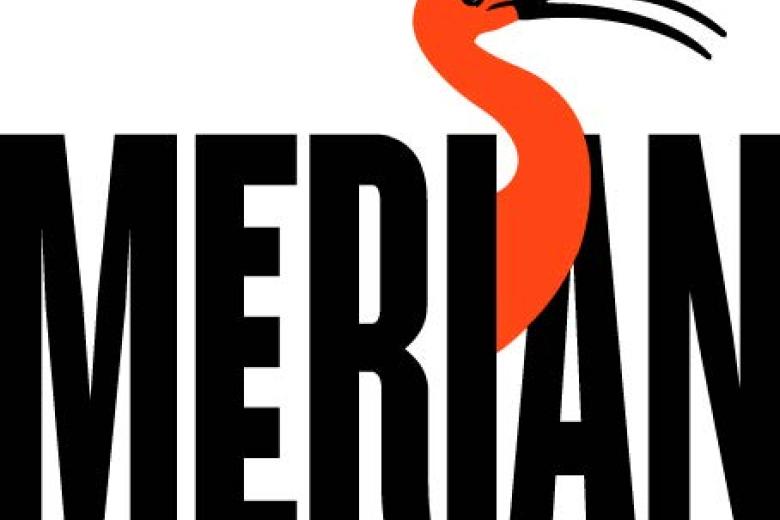
PERCOL
In the NWO-funded Pervserse Collections (PERCOL) project, Dr. Eliza Steinbock addresses concerns regarding Europe’s LGBTQ+ archives, asking: What is preserved by whom and why? How have these marginalised and often persecuted communities managed to preserve their own history? What can we learn about how to preserve history, categorise it and make it accessible and relevant?
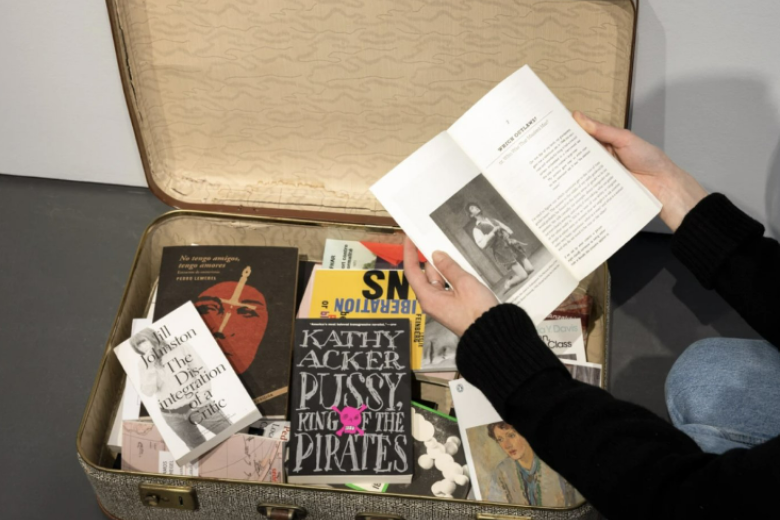
Priceless
Crimes involving high-value unique goods, such as luxury items and works of art have evolved significantly: as opposed to forgery or theft, criminals now exploit luxury items by turning them into financial assets which are then used for laundering wealth, obscuring transactions and evading sanctions. To unpack how this process works and can be prevented, PRICELESS has been launched under the leadership of Dr Christoph Rausch.
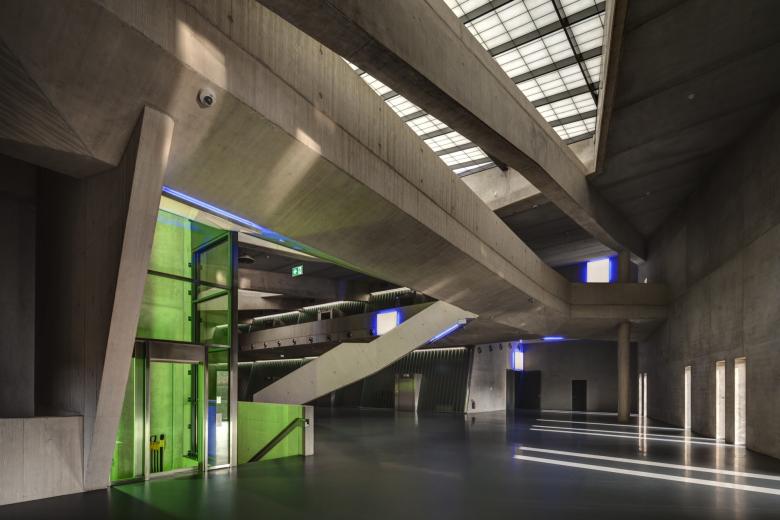
PURE3D
The world has moved online, with entire repositories, archives and cultures now in the digital realm. PURE3D is a groundbreaking initiative that addresses challenges those working in Digital Humanities are currently facing by developing access infrastructure for viewing interactive Digital Heritage and Digital Humanities 3D content online.
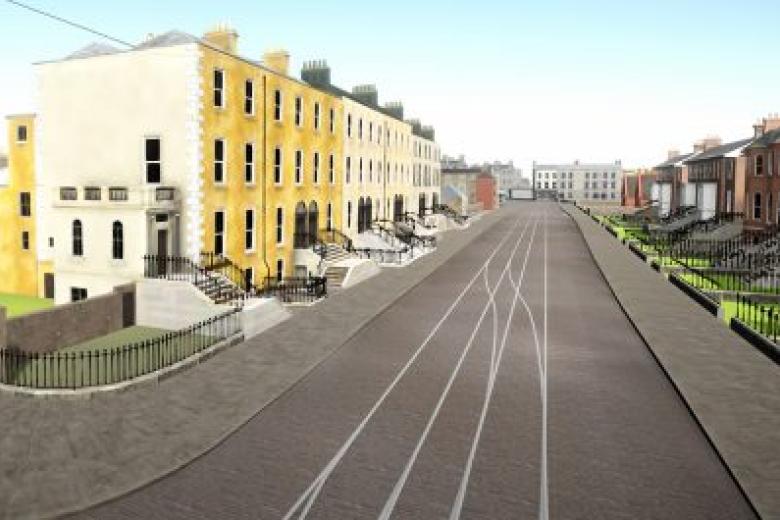
REACCT: Research, Education and Action Lab into Collective and Circular Transformation
Research, Education and Action Lab into Collective and Circular Transformation (REACCT) is a new research project (2024-2027) – c. 1 million euro - developed together with Huis Veendam-Dynaplak, a design and biochemical company that produces, recycles and designs with renewable materials.
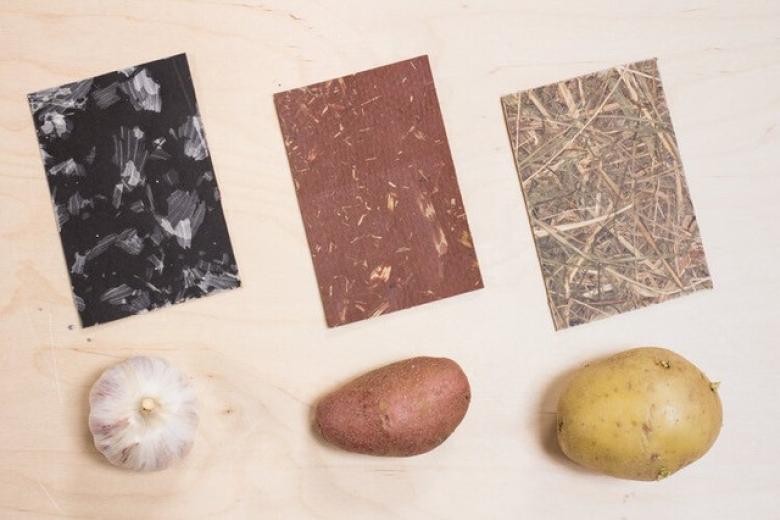
Research network LACUNAE
The LACUNAE (LAsting Legacies: Contemporary Artists’ Estates Between PUblic Heritage and Private Inheritance) research network aims to explore how emerging networks of care for contemporary artists’ estates can better involve marginalized artists and their communities in co-constructing lasting legacies.
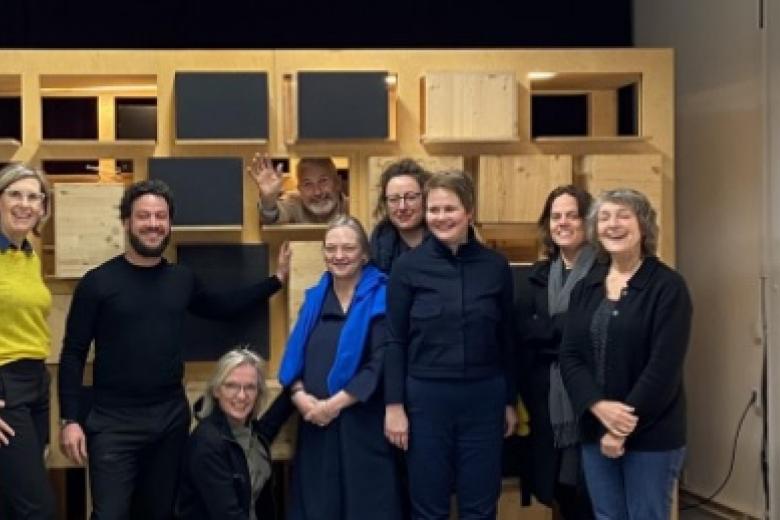
Reshaping the Collectible: When Artworks Live in the Museum
In October 2018, Dirk van de Leemput started his collaborative PhD project with Tate, London. Since the 1960s artists have been using a range of media technologies to create art. These artworks are dependent on these technologies and their associated networks of people, materials and skills, not only for their production but also for their on-going display and access.
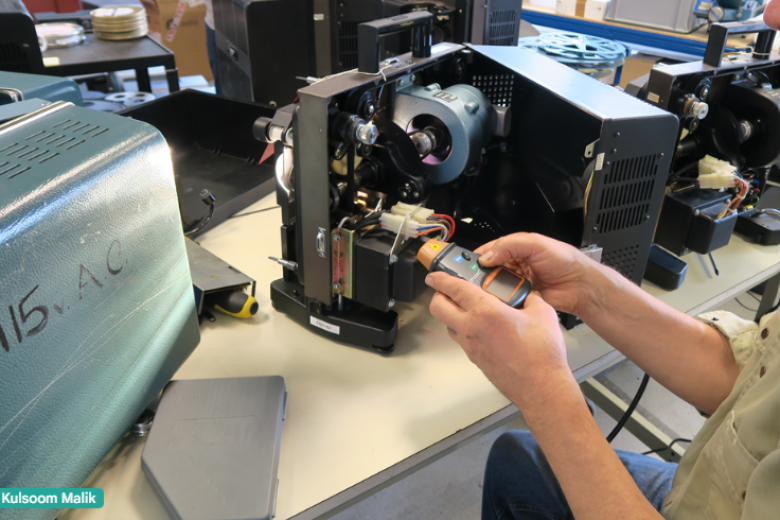
REVITALISER
The REVITALISER project with Donna Yates, titled “Preventive Protection of Archaeological Sites in the EMMENA Region,” contributes to the fight against illegal excavations and protect cultural heritage using remote sensing, AI, and space-born technologies. The ECoE will work closely with the Catalan Institute of Classical Archaeology (ICAC), Fondazione Bruno Kessler (FBK), and Maastricht University (UM). The Eratosthenes Centre of Excellence (ECoE), a leading research institution based in Limassol (Cyprus) received funding under the Twinning Bottom-Up scheme of the EC WIDERA program for the innovative REVITALISER project.
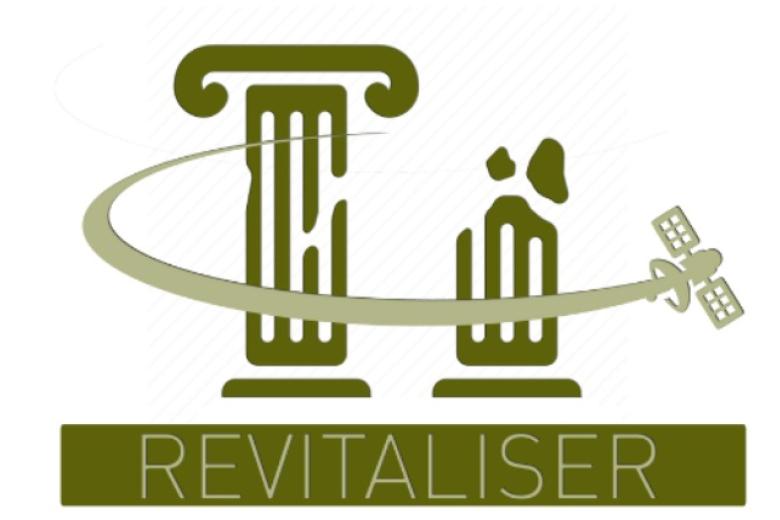
Rivier Atelier
Rivier Atelier is a newly funded research initiative by the Rijksdienst voor Cultureel Erfgoed and the Province of Limburg in collaboration with Natuurmonumenten, led by MACCH researchers Christian Ernsten and Claartje Rasterhoff. The project seeks to formulate nuanced landscape visions and heritage management strategies in response to the impact of climate change on watermill landscapes.
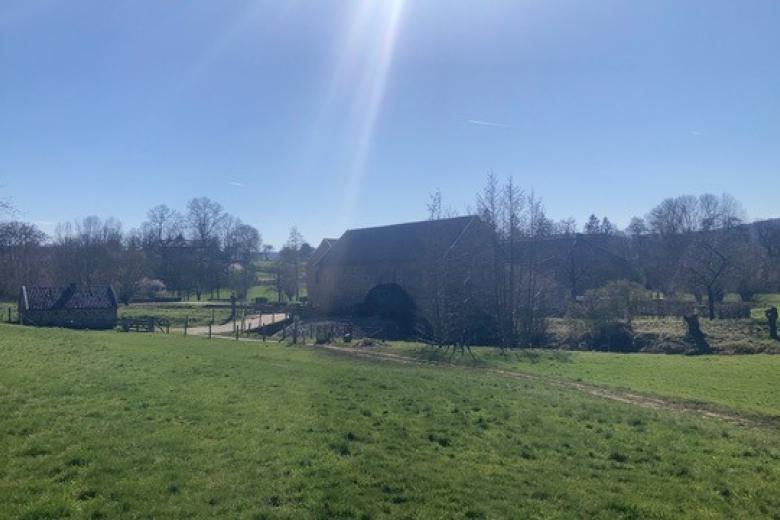
Social History of the Landscape
For many years, the SHCL has been engaged in the history of agriculture, industry and historical demography within a long-term perspective. Recently SHCL has expanded its focus to include the social history of the landscape. This entails a dedicated study of the interaction between people and their environment over time.
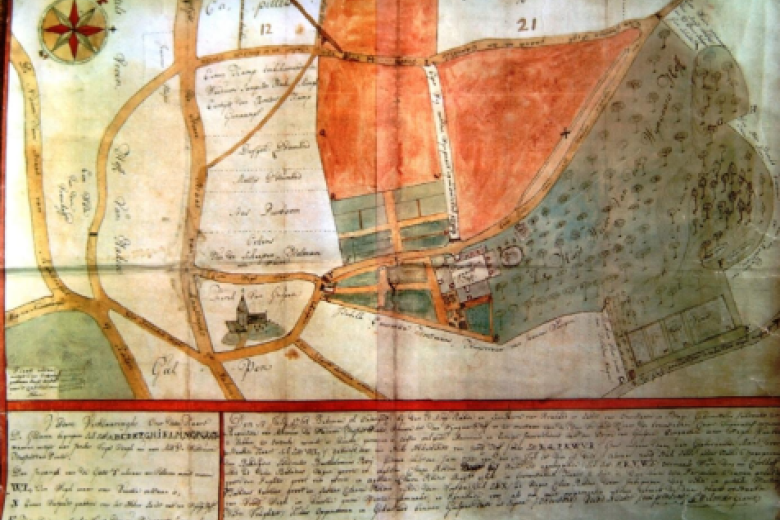
Trafficking Transformations (2020–2024)
This project draws upon the multidisciplinary collaboration of MACCH and combines methodologies from criminology and arts research to understand the trafficking networks related to the movement of illicit antiquities, fossils, and collectable wildlife.
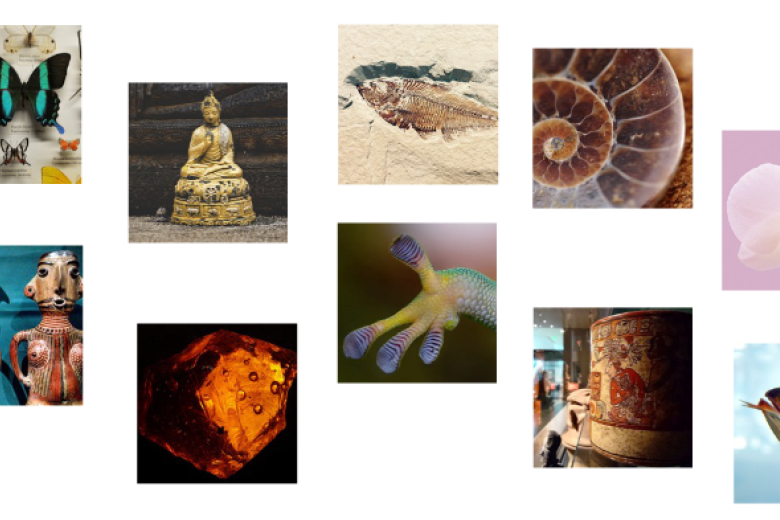
Paul Stewens
Paul P. Stewens is a PhD candidate with the Faculty of Law's Department of Criminal Law and Criminology. His doctoral research focuses on the legal regulation of the extraction, ownership, and transfer of palaeontological objects, and how they challenge legal classification due to their ambiguous nature. As one of the few experts in the field, his interdisciplinary work has appeared in both science and law journals. Outlets such as Science and The Economist have featured his research. Paul holds a Master in International Law from the Geneva Graduate Institute of International and Development Studies and has been actively involved in several high-profile fossil restitution controversies and initiatives to counteract harmful research practices in palaeontology.
